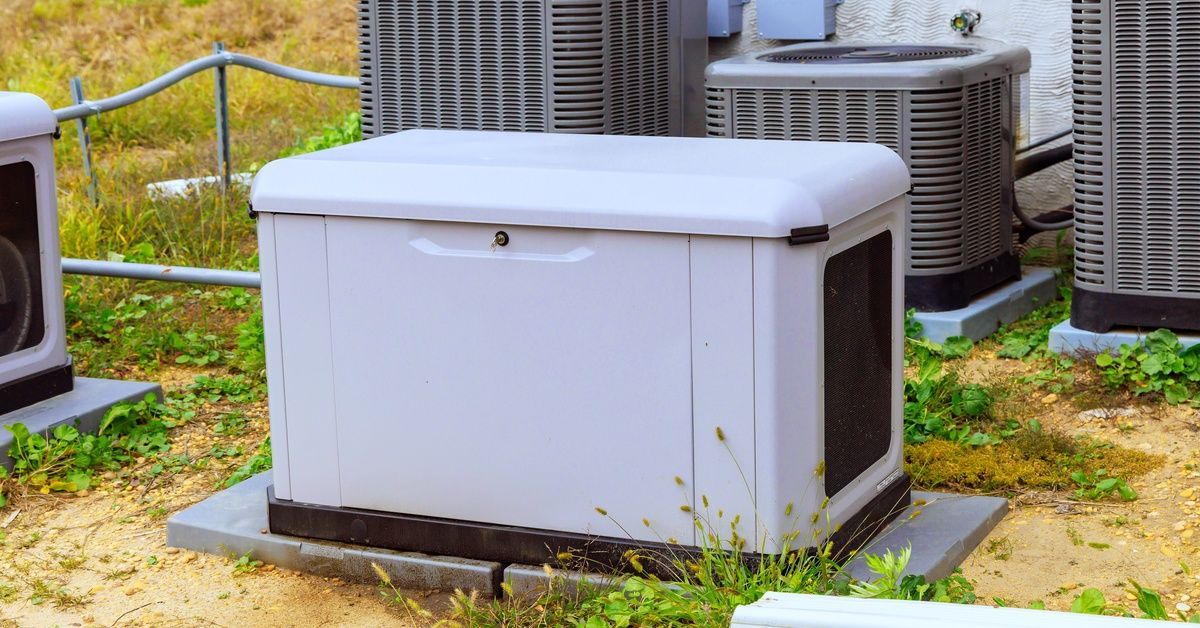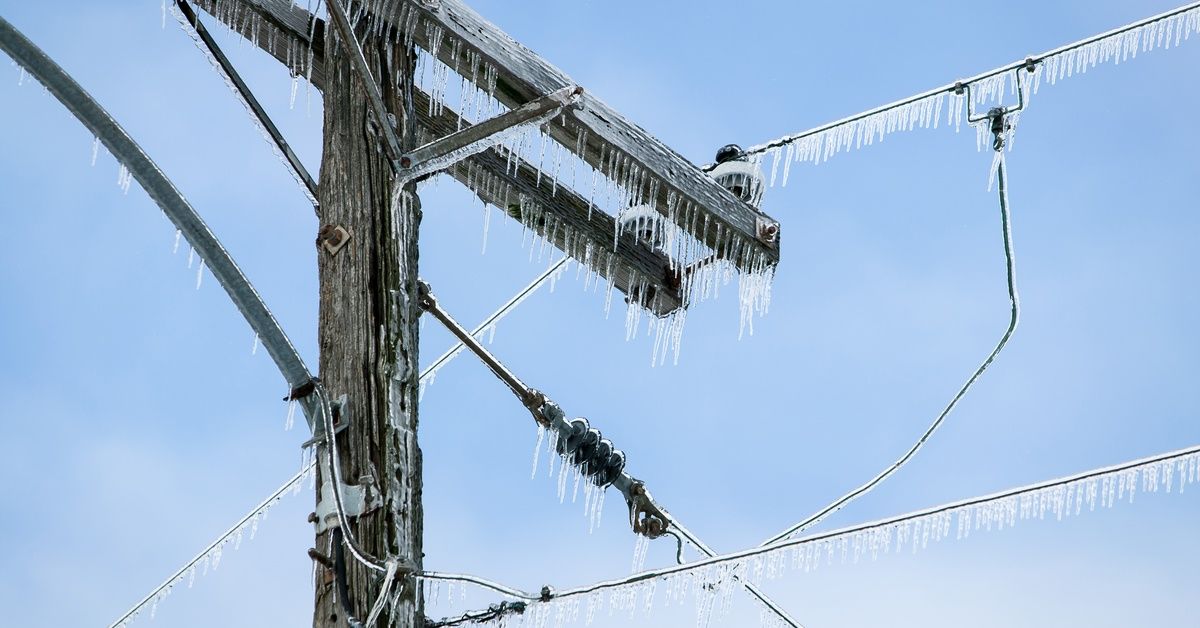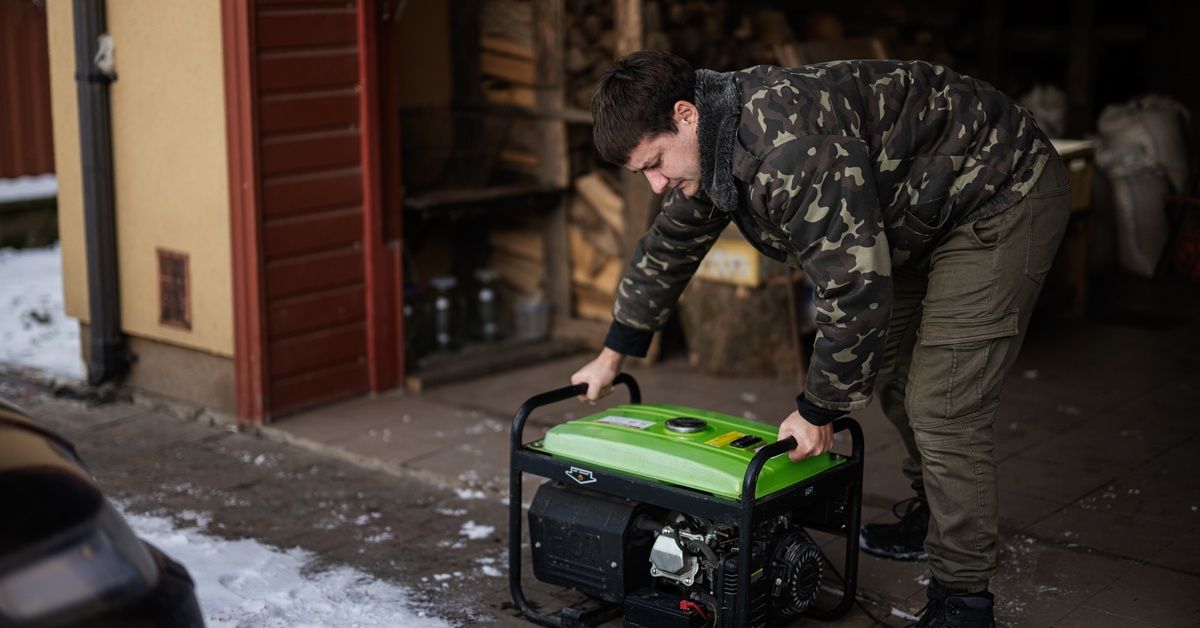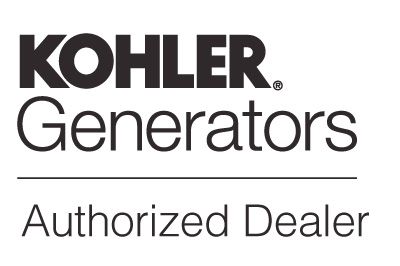Troubleshooting Common Generator Problems
Home generators are silent protectors, always on standby to keep our lives running smoothly during power outages. These reliable machines are ready to jump into action the moment we lose power, ensuring our comfort and safety. But what happens when they face issues?
If your normally dependable generator is underperforming, you need to understand and troubleshoot common problems. This knowledge isn't just about getting the machine to work; it's about maximizing its ability to protect our homes. Mastering this provides homeowners with greater security and peace of mind since they know their generator will be there when they need it most.
Here's how to troubleshoot these common generator problems.
Common Issues Unplugged
Identifying common generator issues and knowing how to address them not only extends your generator’s life but also safeguards your home against unexpected blackouts. By familiarizing yourself with troubleshooting techniques, you’ll be able to handle any hiccup in your generator's performance confidently.
Starter Woes: A Silent Roar
Your generator won't whisper a word of its problems. Instead, it just won't start when something’s wrong. This can be due to an aging starter motor or a lack of power from the battery, which could be as simple of a fix as a charge or a new battery.
Low Power Output: The Silent Killer
When your generator is running but not delivering power to the appliances, the issues can range from a damaged alternator to improper engine speed. You can tackle this invisible problem effectively by checking and repairing them in a logical sequence. Most often, this involves an examination of the automatic voltage regulator (AVR) and an inspection of the engine's RPM.
Engine Stalling: The Quiet Shutdown
Generators can stall mid-operation for various reasons. Common culprits include a fuel system malfunction, dirty fuel filters, the wrong oil, and a low oil level. Understanding how to revitalize your generator quickly can save you from a silent, powerless night.
The Power of DIY Troubleshooting
Equipping yourself with the knowledge to troubleshoot your home generator empowers you and keeps you in charge during surprise power outages. Here, we present straightforward steps to help you diagnose and fix common generator problems, saving you time and the expense of professional repairs.
- Starting troubles: Begin by checking the battery and ensuring a full charge. If the battery checks out, the starter may need replacing or servicing.
- Low output: Start troubleshooting by examining the AVR for any signs of damage or loose wiring. Then, follow the generator's manual to check the engine’s RPM.
- Engine stalling: Ensure the fuel system is clean and there are no blockages in the lines, then inspect the fuel filter and oil conditions.
When To Call a Power Pro
Sometimes the silent snags within your generator are complex puzzles. Engaging a professional who echoes the champion’s quiet strength can make the difference between prolonged power outages and a smoothly functioning system.
In your search for generator maintenance service providers, look for pros who prioritize prompt, reliable service. At NW Generators, we're always here to help troubleshoot your generator problems. Contact us today for information on how we can assist.






